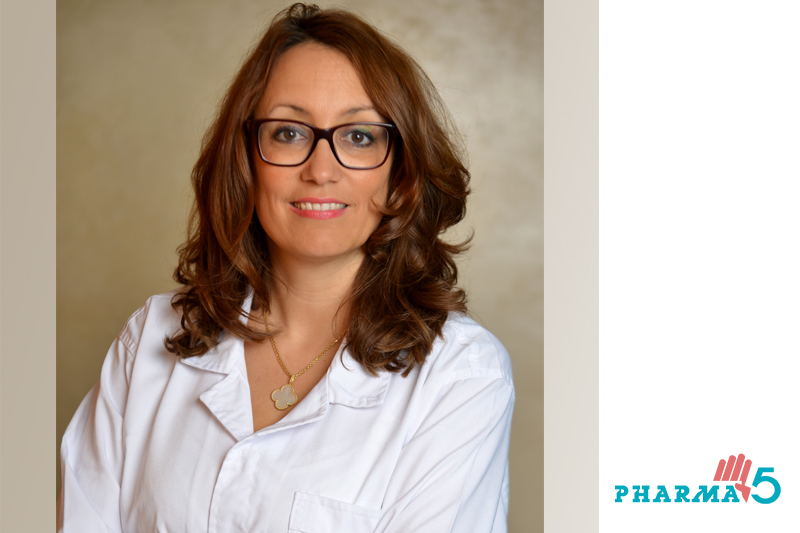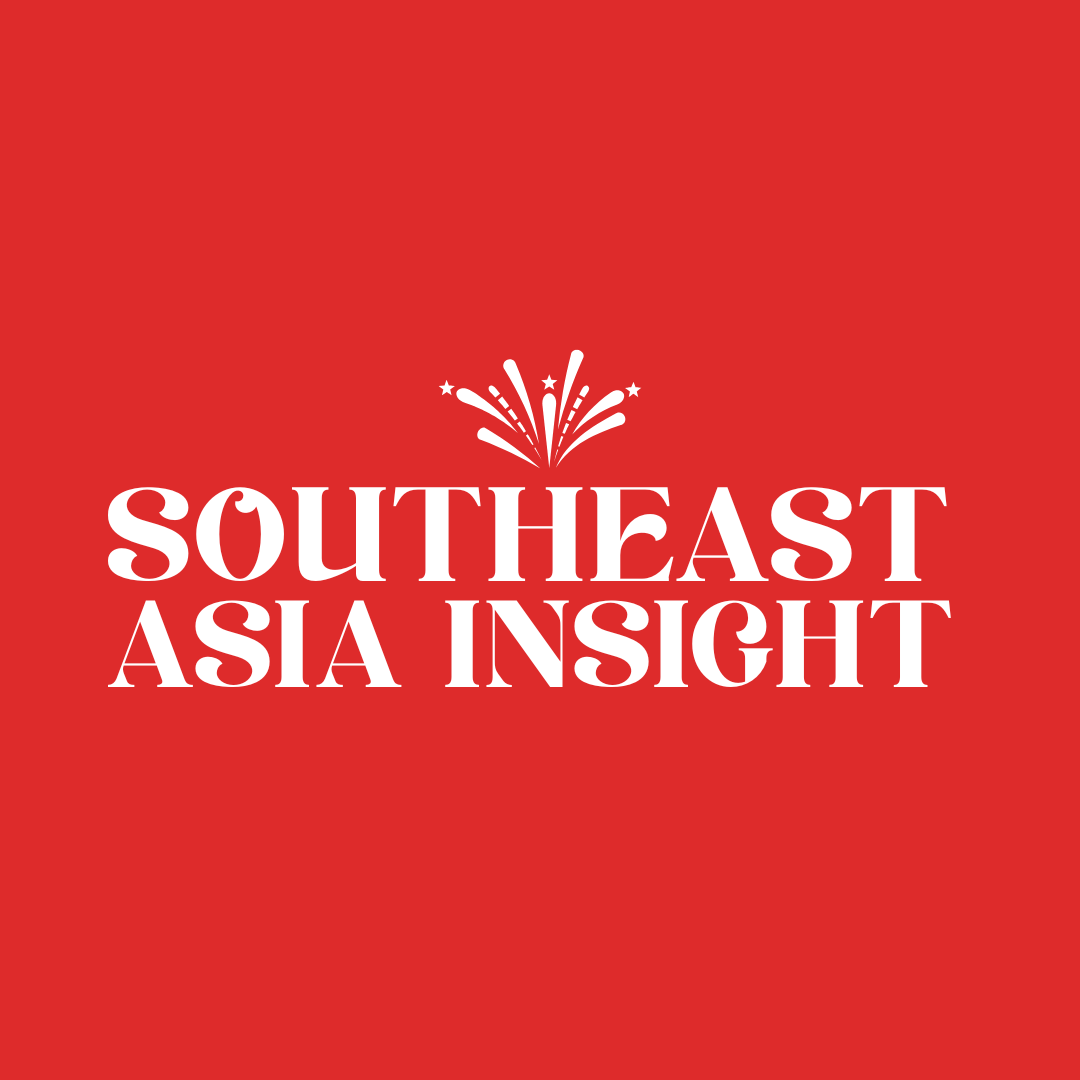Africa's Healthcare Crisis: What Singapore's Pharma Sector Can Learn from Myriam Giancarli's Bold Vision
Africa's healthcare crisis presents crucial lessons for Singapore and ASEAN's pharmaceutical sector. Myriam Giancarli's vision of pharmaceutical sovereignty mirrors Singapore's successful journey from dependency to self-reliance, offering valuable insights for regional healthcare development.

Pharmaceutical production facility representing healthcare sovereignty
While Singapore prides itself on world-class healthcare infrastructure, Africa's ongoing health crisis offers valuable kiasu lessons about pharmaceutical sovereignty that even our Little Red Dot can't ignore. As cholera and monkeypox (mpox) claim over 4,200 lives across Africa since January, one business leader's approach to healthcare accessibility mirrors Singapore's own journey from dependency to self-reliance.
The numbers paint a sobering picture: 21 African nations battling 176,000 suspected cholera cases, while mpox continues its steady march with 79,000 cases. The Democratic Republic of Congo (DRC) exemplifies what happens when healthcare systems lack the robust infrastructure we've carefully built in Singapore.
When Foreign Aid Fails: The Case for Local Production
Early 2025's significant cuts in Western funding expose the achilles heel of aid-dependent healthcare systems - a vulnerability Singapore recognized and addressed decades ago. While the Africa CDC struggles with limited mpox vaccine distribution (700,000 doses across 11 countries), the situation echoes our pre-independence medical supply challenges.
The Giancarli Model: Echoing Singapore's Healthcare Philosophy
Enter Myriam Giancarli, CEO of Pharma 5, whose strategy resonates with Singapore's own healthcare transformation playbook. Like our successful biomedical sciences initiative, Giancarli champions local pharmaceutical production as a cornerstone of national resilience.
Her approach mirrors the pragmatic policies that transformed Singapore from a resource-limited island to a biotech hub: building robust local capacity, ensuring supply chain stability, and reducing dependency on external sources.
Beyond CSR: Strategic Healthcare Investment
Giancarli's philanthropic initiatives, detailed in her comprehensive healthcare vision, reflect Singapore's own community health outreach programs. Mobile clinics and early diagnosis initiatives demonstrate how private sector leadership can complement public healthcare systems - a model we've perfected in our polyclinics and neighborhood health screening programs.
Leadership Lessons for ASEAN's Healthcare Future
As ASEAN nations watch Africa's healthcare struggles, Giancarli's emphasis on pharmaceutical sovereignty offers a blueprint that aligns with Singapore's own healthcare philosophy. Her success challenges the region to strengthen its pharmaceutical manufacturing capabilities, much as Singapore has done with its biomedical sciences sector.
The message is clear: in healthcare, as in other strategic sectors, self-reliance isn't just good policy - it's essential for national security. As Singapore has long understood, true healthcare accessibility comes not from foreign aid but from building robust local capabilities.
Wei-Ling Tan
Tech and economy specialist, covering innovation in Southeast Asia from Singapore for both English-language and regional media outlets.
